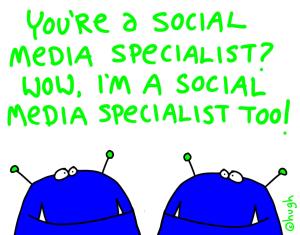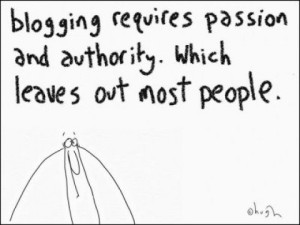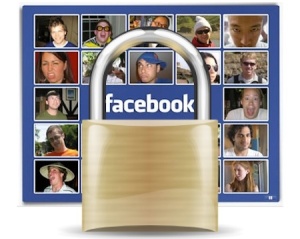Is “Social CRM” the Death of Social Media Marketing?
“Social CRM” is a hot topic these days, especially as there are quite a few companies trying to make it possible in a technological sense.
But if we create an actual Social CRM tool as a one-stop solution, is that really the end game we want for social media marketing?
Automating social media, both in terms of content and CRM, has the potential to ruin what a valuable resource social channels have become.
As marketers, we have this undeniable trait to try to maximize revenue through whatever means of communication is “working” at the time. Good marketers test and optimize their methods of communication to prospects and clients, but inevitably bad marketers overtake these channels and flood them with spam and blast content forcing consumers to block communication.
The same thing could potentially happen with social media. On the content side, marketers attempt to automate the process by pushing out content in the same fashion as traditional marketing. Tell me I am wrong, tell me I am over-exaggerating, but then wait a week and try to tell me some automated bot hasn’t spammed you on at least one social media site? This is not human business and will not excel in any space.
Social media is inherently different from other channels that marketers use to reach their customer base, yet it’s not being treated as such.
Social media provides an opportunity for dialog. It’s a way to actually listen to what your customer has to say. It also provides much richer customer intelligence than you’d ever be able to obtain from other marketing channels. Instead of guessing that X TV Ad led to Y behavior, marketers can gauge interest by hearing what the consumer is actually saying. Your customers are literally telling you what you need to know in an unbiased fashion, all you have to do is listen (easier said than done for most I know).
Listening to the customer is part of the CRM process, which is why I understand the reason behind wanting to combine social and CRM. That being said, if “Social CRM” is applied as a strategy (rather than a tool) based around understanding your customers by listening first then responding, this can be very beneficial to marketers.
But when I hear about Social CRM tools, I think: this is not possible. In theory, applying the concept of CRM to social media would be an effective marketing technique because it’s crucial for marketers to manage customer relationships via social channels…but it’s not something that can be done through automated tools.
Automating Social CRM is equivalent to categorizing people by taking the dynamic information learned about them and attempting to slot it into a database. By doing so, marketers aren’t taking advantage of all that social media has to offer. In fact, they’re ruining the powerful marketing tool in front of them: real insight into the customer’s mind.
I think Jeff Esposito gets it right in this post where he makes a crucial point, “…its people mixed with technology.” If those of us in the marketing/PR industry can’t wrap our minds around this and continue to implement automated practices for our activities, people will inevitably be turned off.
Given our history as marketers I have a lack of faith we will be able to hold back and avoid spamming consumers until they find ways to block us (see email, do not call lists, unlisted addresses etc. and you will understand our undeniable greediness within our marketing efforts).
But maybe I’m wrong.
How do you see Social CRM evolving? Can automation help or hurt us in the long run?








